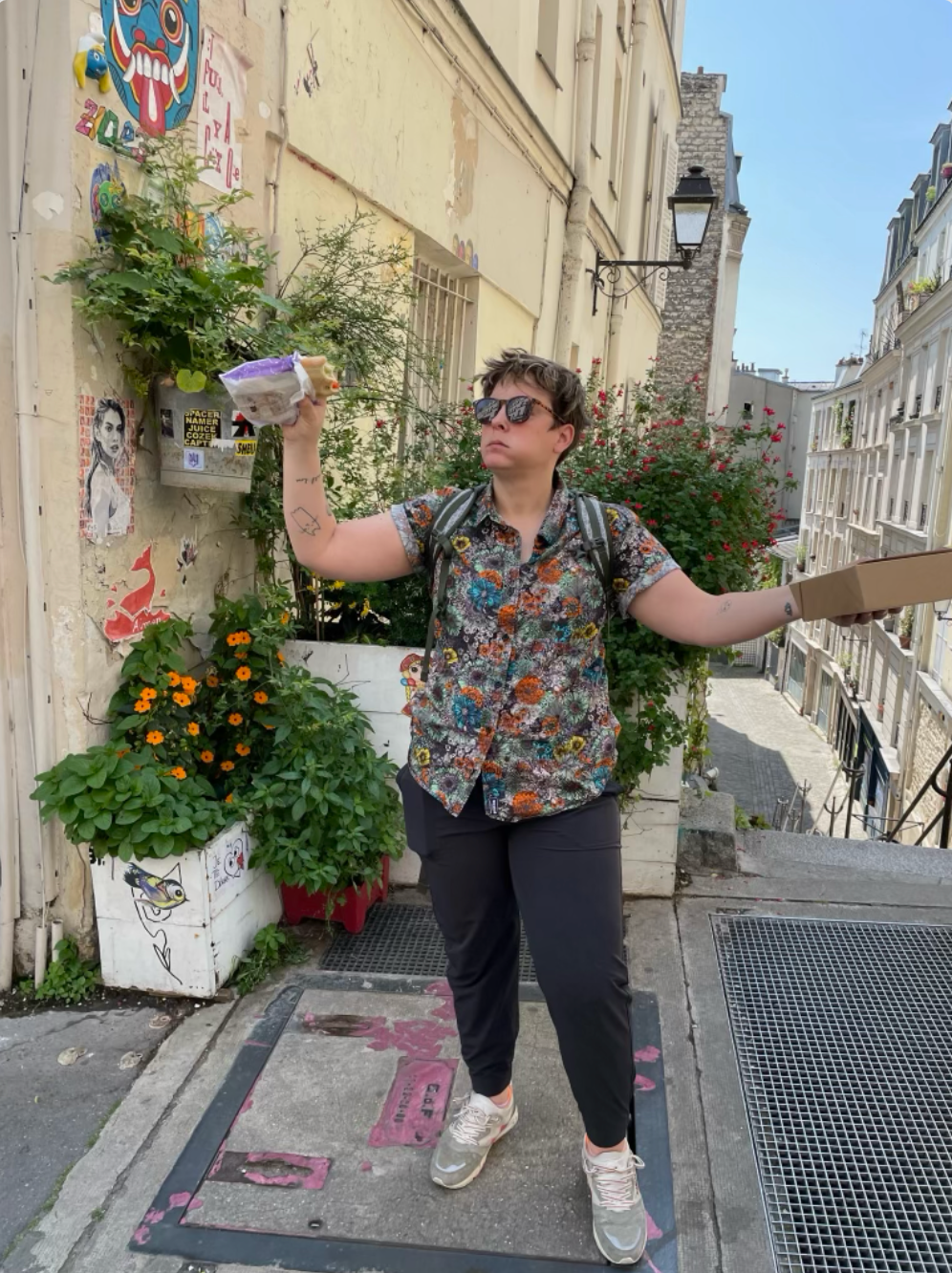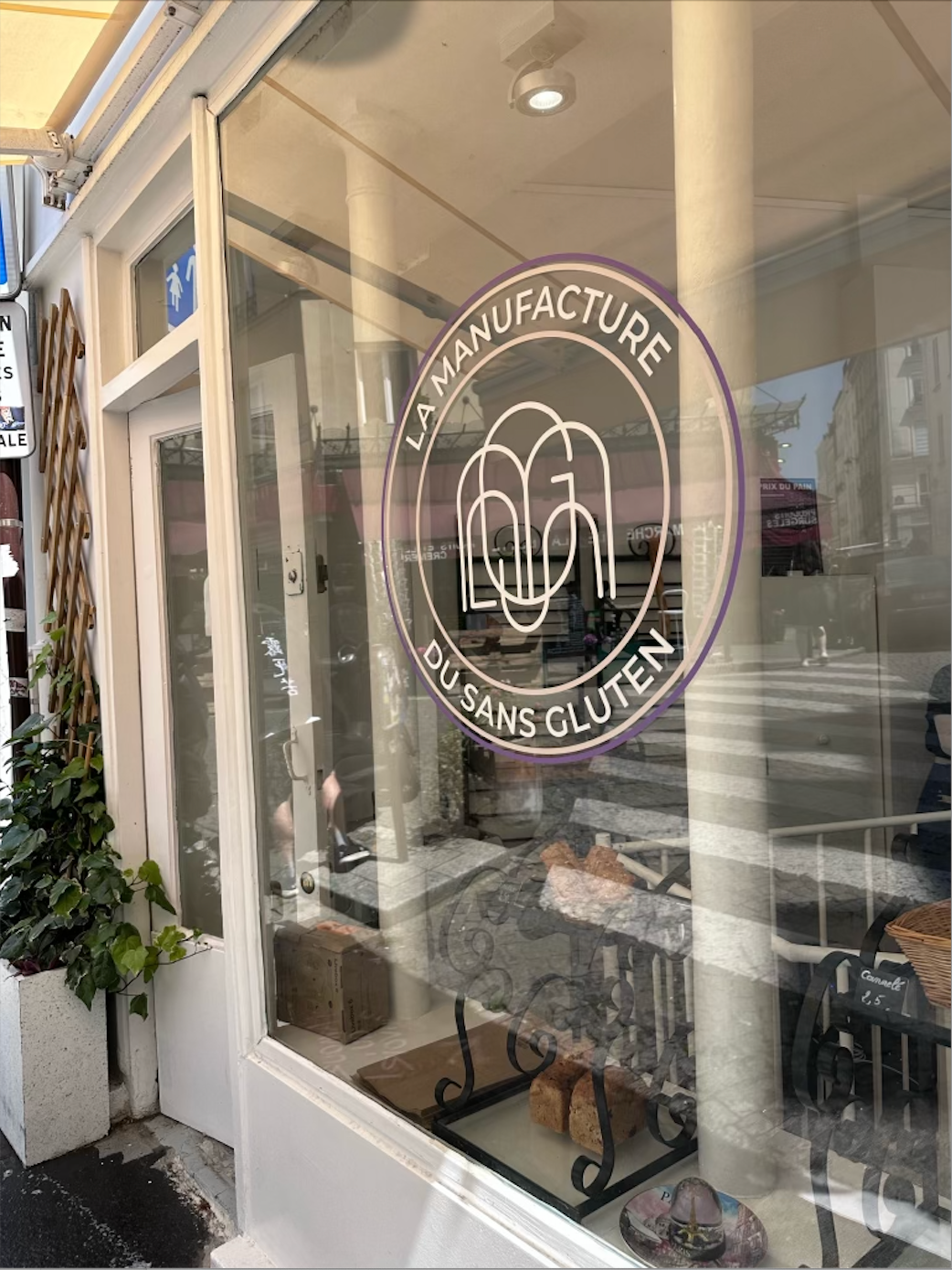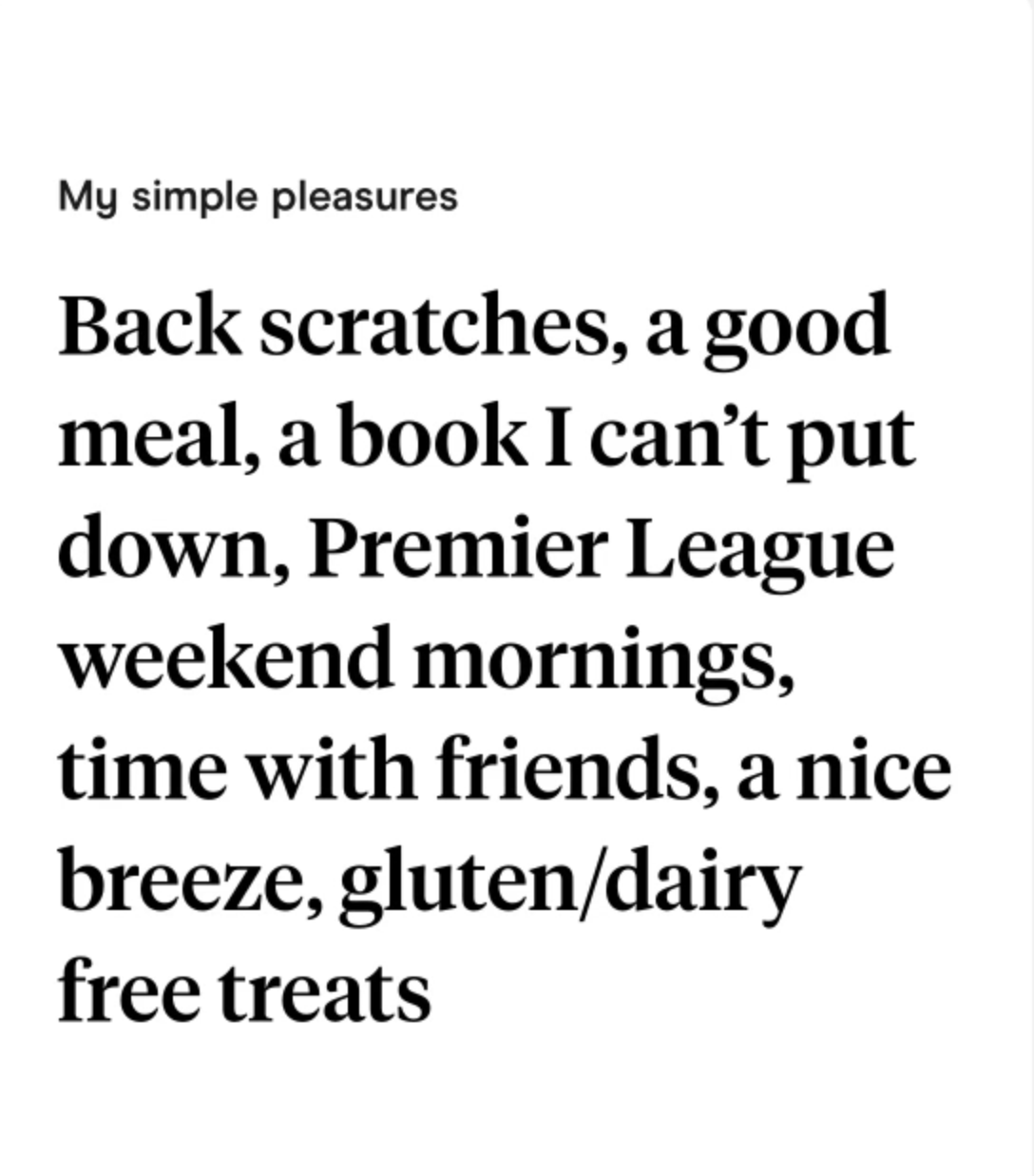Dating with celiac disease: ‘It’s not fun, it’s not sexy’
Telling a date that you have to avoid gluten may not be sexy — but it’s necessary, according to those with celiac disease. Kelly Rissman reports


Your support helps us to tell the story
From reproductive rights to climate change to Big Tech, The Independent is on the ground when the story is developing. Whether it's investigating the financials of Elon Musk's pro-Trump PAC or producing our latest documentary, 'The A Word', which shines a light on the American women fighting for reproductive rights, we know how important it is to parse out the facts from the messaging.
At such a critical moment in US history, we need reporters on the ground. Your donation allows us to keep sending journalists to speak to both sides of the story.
The Independent is trusted by Americans across the entire political spectrum. And unlike many other quality news outlets, we choose not to lock Americans out of our reporting and analysis with paywalls. We believe quality journalism should be available to everyone, paid for by those who can afford it.
Your support makes all the difference.Dating is hard at the best of times — but add the risk of a kiss making you sick and it becomes that much harder.
“I hate having to drop the bomb,” Andy, 28 said, referring to disclosing his celiac disease, an auto-immune condition that means he can’t ingest gluten. Still, when meeting someone new, he usually divulges this personal fact “pretty much immediately because it’s just a non-negotiable.”
Andy frequents gay dive bars, places abundant with men drinking gluten-rich beer. He either avoids making out with those who have been drinking beer or, in some circumstances, interrupts the intimate moment to warn a potential makeout partner: “By the way, I can’t kiss you until you finish your beer and rinse your mouth out.”
That request often results in “quizzical looks” or eyerolls, suggesting he is being overly sensitive, Andy said. So he then launches into a “mini lecture on the biology of celiac disease” to explain the seriousness of it.
“It’s not fun, it’s not sexy,” Andy said. “It just totally kills the mood.”
Jenn Roman, 37, said she fortunately hasn’t had to interrupt someone moments before a makeout — but she does understand needing to bring it up immediately. She joked: “How can you tell if someone is gluten free? Don’t worry, they’ll tell you.”
Even 14 years after first receiving her diagnosis, Jenn said it still can be “embarrassing” when meeting someone new to announce: “Sorry, actually I have these dietary needs, so I have to, like, not be as cool.”
But for the most part, Jenn said she has tried to find work-arounds to live a life not centered around her diagnosis. She said she always has a snack on hand and won’t travel without a bag of gluten-free pasta.

Andy said he experienced a “complete night and day” diet shift after his 2019 diagnosis. He transformed from being an avid baker, who enjoyed large quantities of pasta and pizza and considered food a “large point of pleasure,” to now wishing he had been diagnosed with celiac disease as a child so as to wipe the memory of how great non-gluten-free foods tasted.
He detests having to impose those restrictions on another person — especially after they first met.
While she was dating her recent long-term partner, Jenn said that they were “trying to make sure that all of our travel and our lifestyle wasn’t built around me being gluten free.”
She said dating with celiac disease comes with a lot of compromise, meaning she and a partner might go out to eat at a variety of restaurants that aren’t specifically gluten-free, but it could mean she is ordering a salad — so long as the dressing is gluten free.
“I just wish everyone had a dedicated gluten-free fryer. Everyone should be allowed to have french fries with their burger,” Jenn said. “A side salad is just not the same.”

People joke about being the type of annoying date who needs to study the menu before they get there — but Jenn has to be. “I don’t wing it anymore,” she said. “I can’t go to a restaurant without looking ahead of time.”
Alex Campebll is the same. “But I have to be — because I’ve got to make sure before I go places that I’m gonna have options,” he said.
The 30-year-old said that mantra extends to bars. While Alex has tried some gluten-free beer that he enjoys, he has become a “big cocktail drinker,” often ordering Moscow Mules and going on dates at cocktail bars.
But even before he gets there, his date will probably be prepared to hear about his celiac diagnosis because he “alludes” to being gluten-free on his dating app profiles.
Alex admitted that his dating pool is a bit “self-selected,” though, explaining that if it appears that someone’s “entire social life is very dive bar-y,” they might not be a match.
On the first or second date, he makes sure he has some gluten-free options on the menu. But when approaching seeing someone on a longer term basis, his partner has to realize having celiac disease is “just part of who I am,” Alex said.

“I find that people are really understanding about it,” adding that he dates liberal women, who tend to be “considerate” and “accommodating.”
Gluten-free options haven’t always been prevalent. Jenn was diagnosed with celiac disease in 2010, when there was a “scarcity” of gluten-free options and when she would mention her disorder at restaurants to find “no one had any idea what I’m talking about.”
All three sources attributed the uptick in gluten-free options to the gluten-free diet fad that cropped up in the 2010s.
A 2017 study showed that while the rates of celiac disease remained largely the same across the US from 2009 to 2014, the number of people choosing to eat a gluten-free diet increased by more than three times from the start of the time period to the end.
Although all three sources praised the craze as seeming to spark the creation of more options — amplifying the gluten-free market beyond just the two million people in the US with celiac disease — the diet trend almost eclipsed celiac disease, making the gluten-free lifestyle seem like a choice.

It’s far from it for those with the disorder, who struggle to find foods that truly lack gluten, as even those with “gluten free” labels could be cross-contaminated if proper precautions aren’t followed.
This problem comes up at a common cute date spot: ice cream shops. If an ice cream scoop touches the cookie dough flavor, and the same scoop is then used for the vanilla, that is a date-ender.
“It can be onerous to be that person that limits where everyone can eat,” Andy admits, saying he often opts to eat before or after group meals.
Regardless, Andy knows he has to stick to his gluten-free ultimatum. “Generally people will listen — because the alternative is: if you’re drinking beer, we’re not going to make out.”
Join our commenting forum
Join thought-provoking conversations, follow other Independent readers and see their replies
Comments